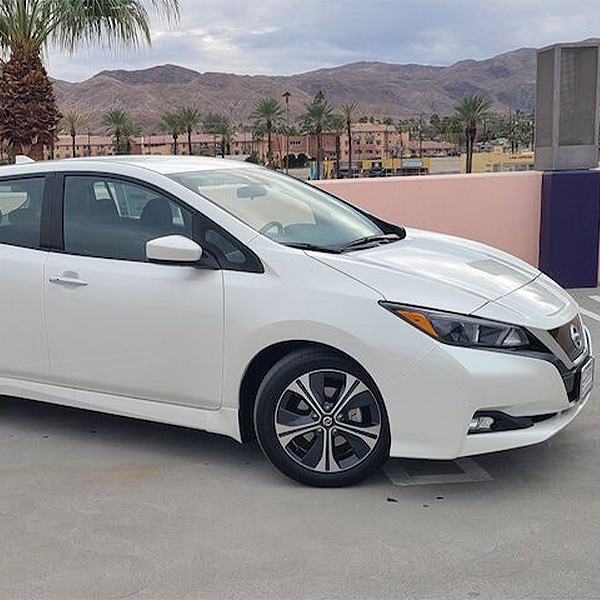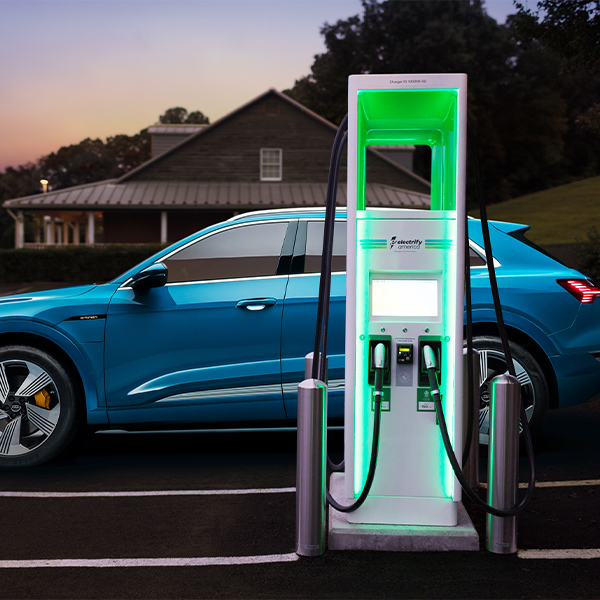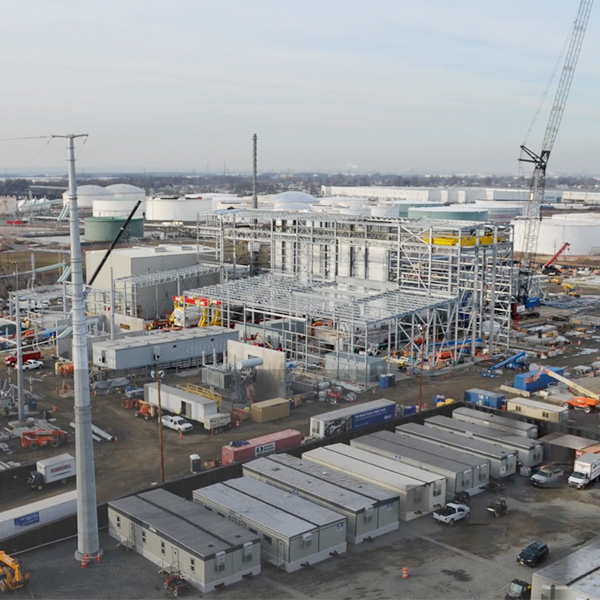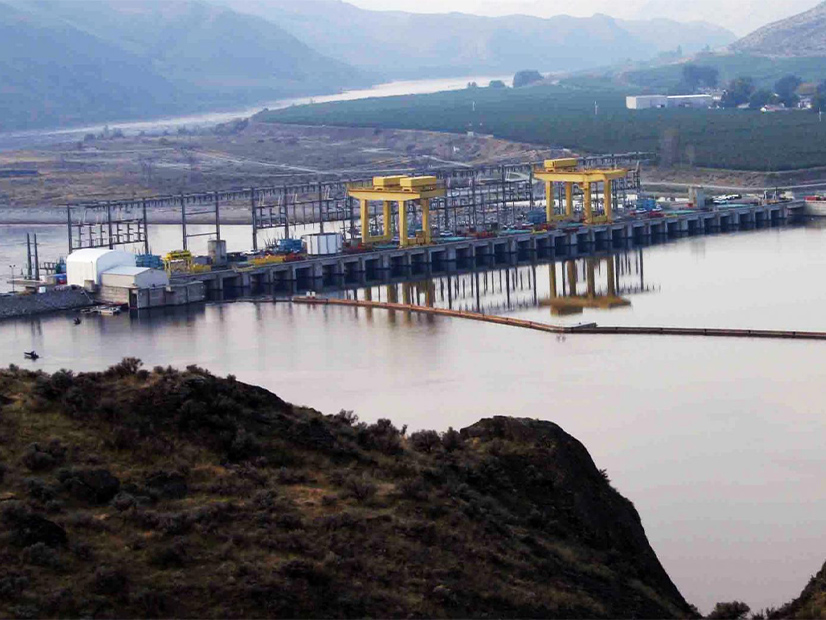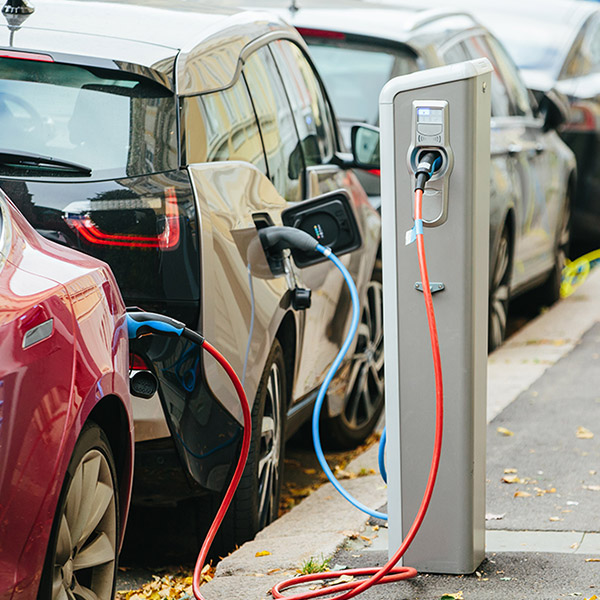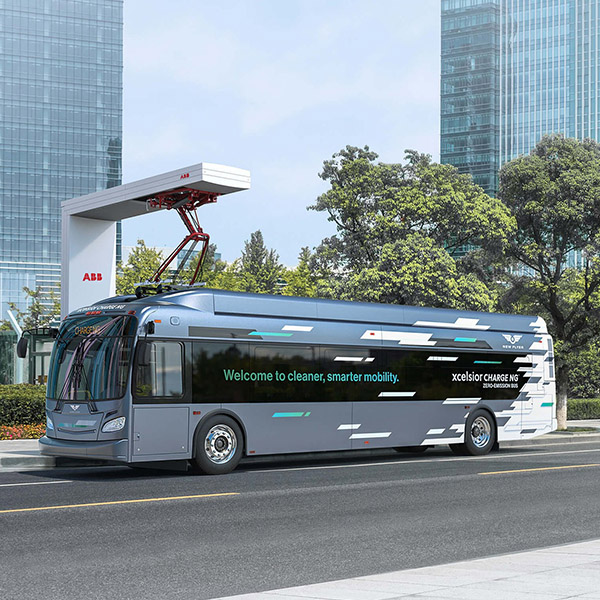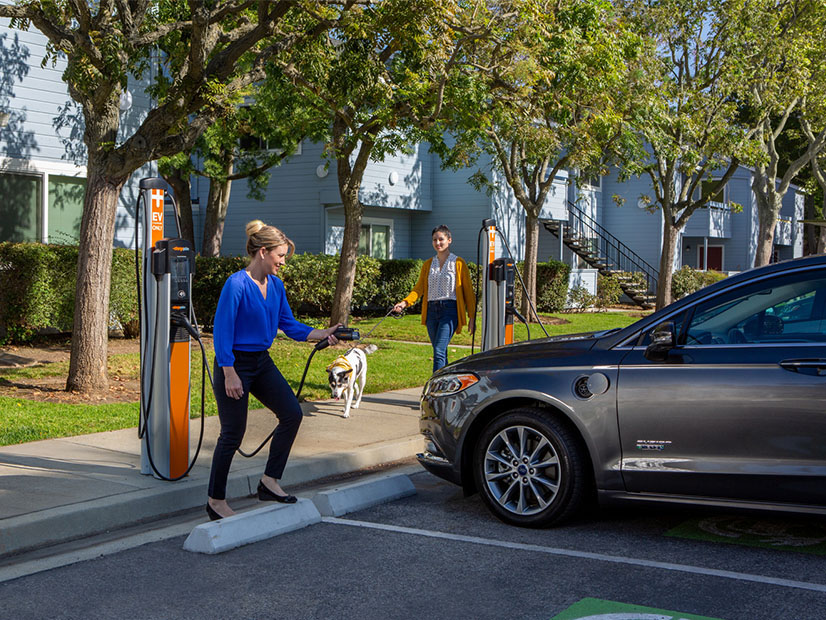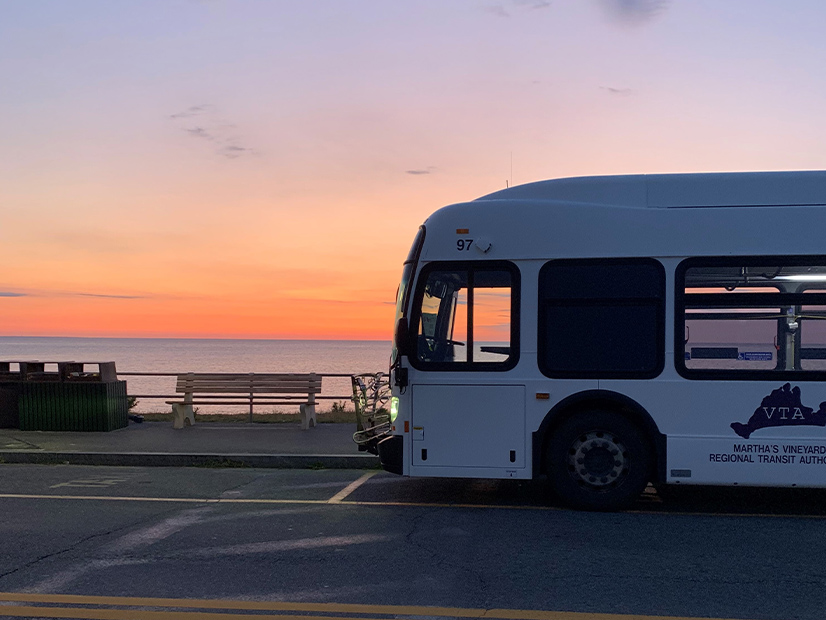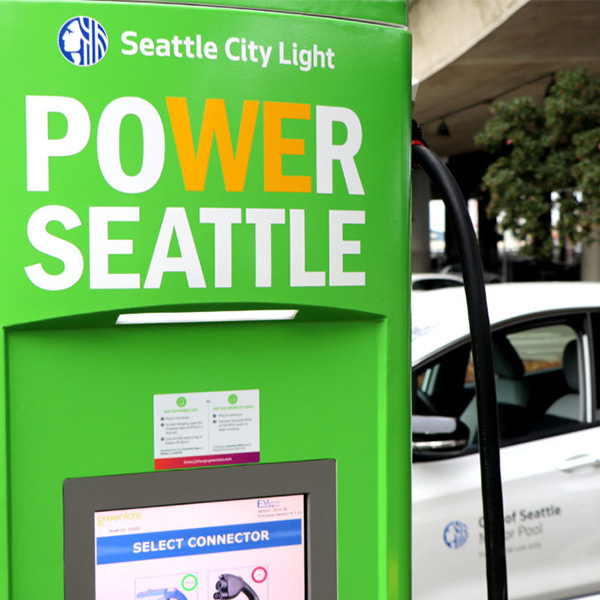Transportation Decarbonization
Airplane DecarbonizationEV chargersHeavy-duty vehiclesBattery Electric Buses (BEB)Fuel Cell Electric Buses (FCEB)Light-duty vehiclesBattery Electric VehiclesFuel Cell VehiclesPlug-in hybrid electric vehiclesShip electrificationClean Ports
Low-income residents in certain parts of California are finding their EV incentives are accompanied by a tax liability.
The Western Climate Initiative is one option the Vermont Climate Council will explore to replace TCI-P in its Climate Action Plan released in December.
Group says DEP actions do not match Murphy's pledge; agency says 50% emissions cut by 2030 will be multi-agency effort.
A bill to expand the provision of green hydrogen by municipal and rural utilities appears headed for easy sailing through the Washington House.
The DOE-DOT Joint Office will take the first steps in rolling out the IIJA’s $7.5 billion in funding for a national EV charging network next month.
A bill on public transit electrification in Massachusetts would set a goal of transitioning all bus and rail service by 2035.
New Jersey Gov. Phil Murphy signed bills tightening energy efficiency standards on appliances and limiting rates for EV charging stations near homes.
Martha’s Vineyard Transit Authority Administrator Angela Gompert says battery vendors must catch up to the reality of the FTA’s ‘Buy America’ requirements.
A Washington bill calls for the state's Commerce Department to study the global supply chain risks in the manufacture of EV batteries.
A Washington bill seeks to expand charging access to people living in apartments, condos and other residences governed by HOAs.
Want more? Advanced Search
